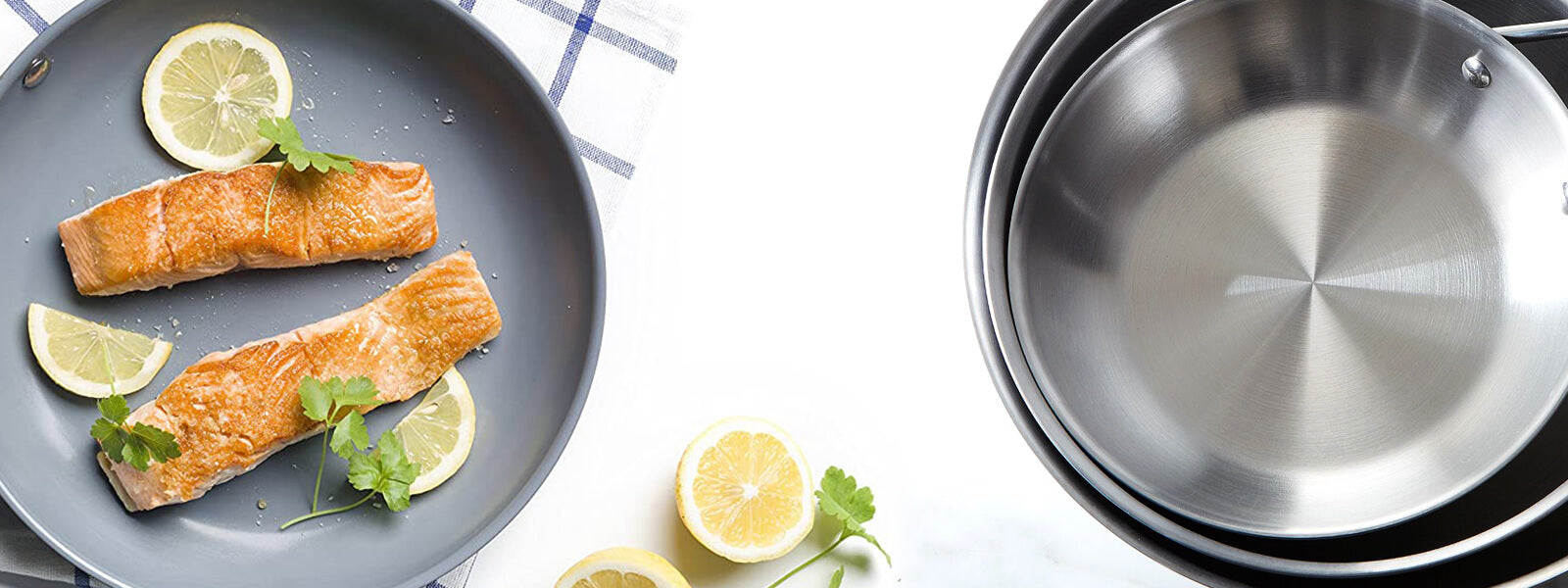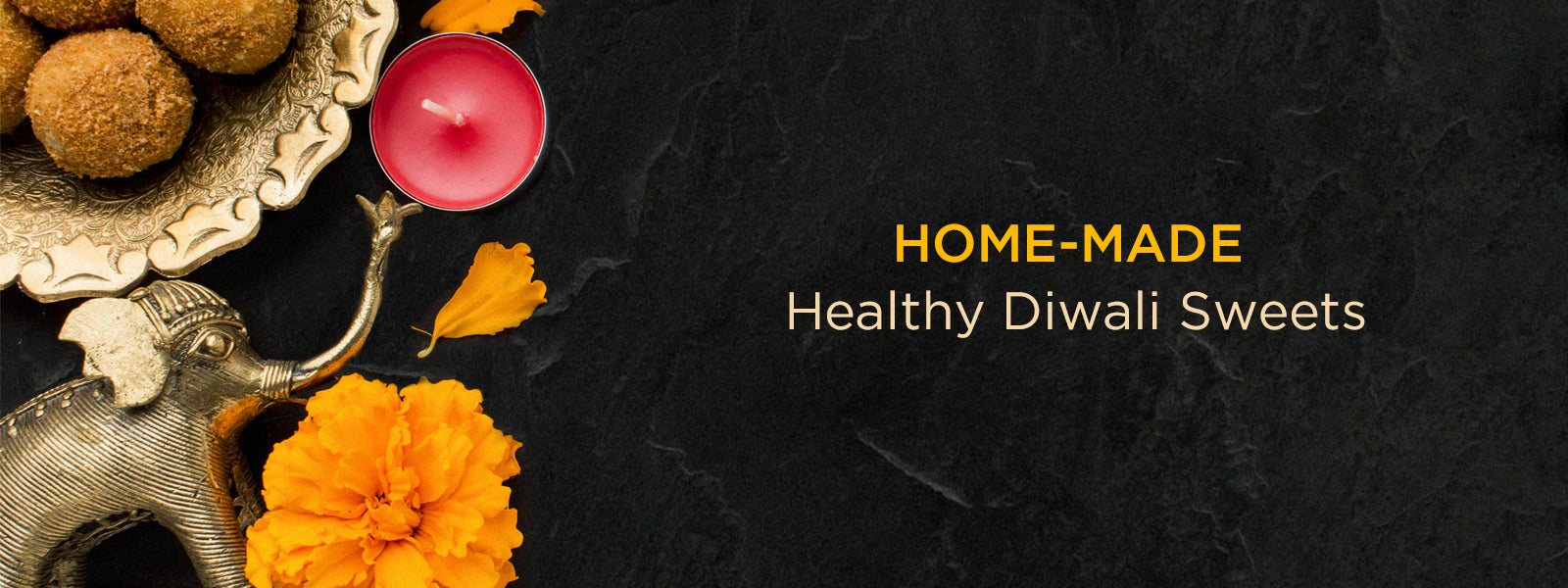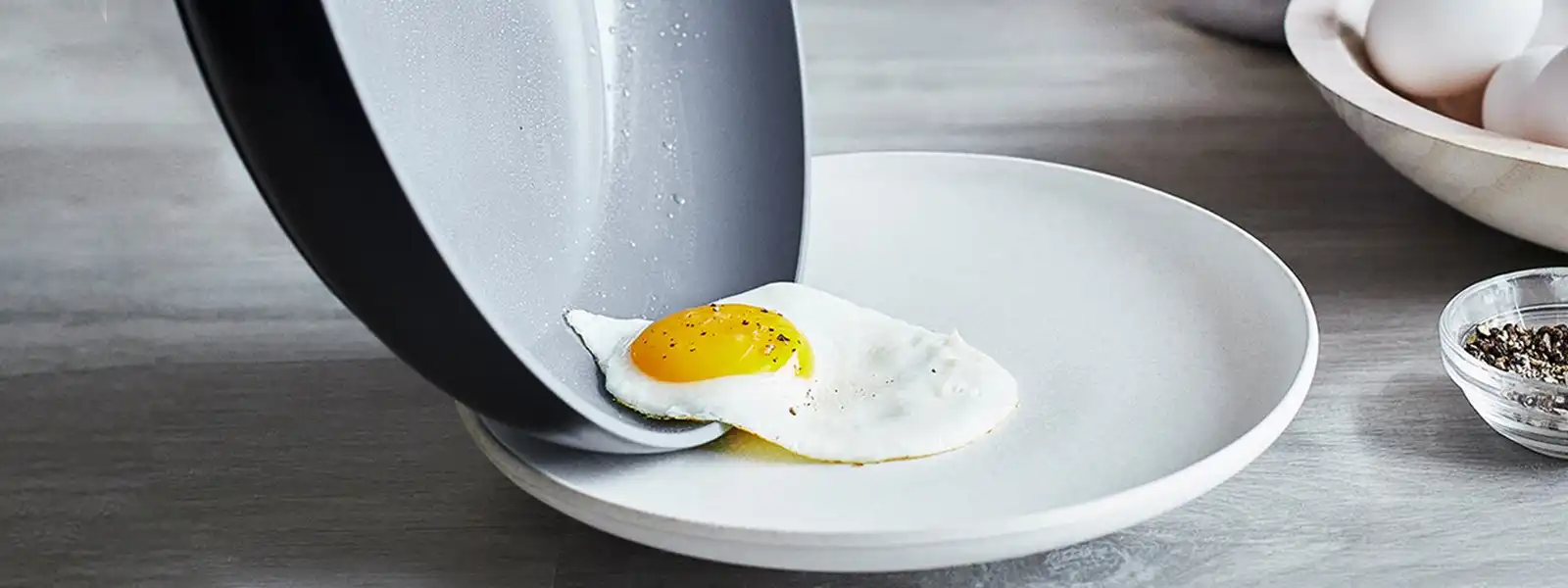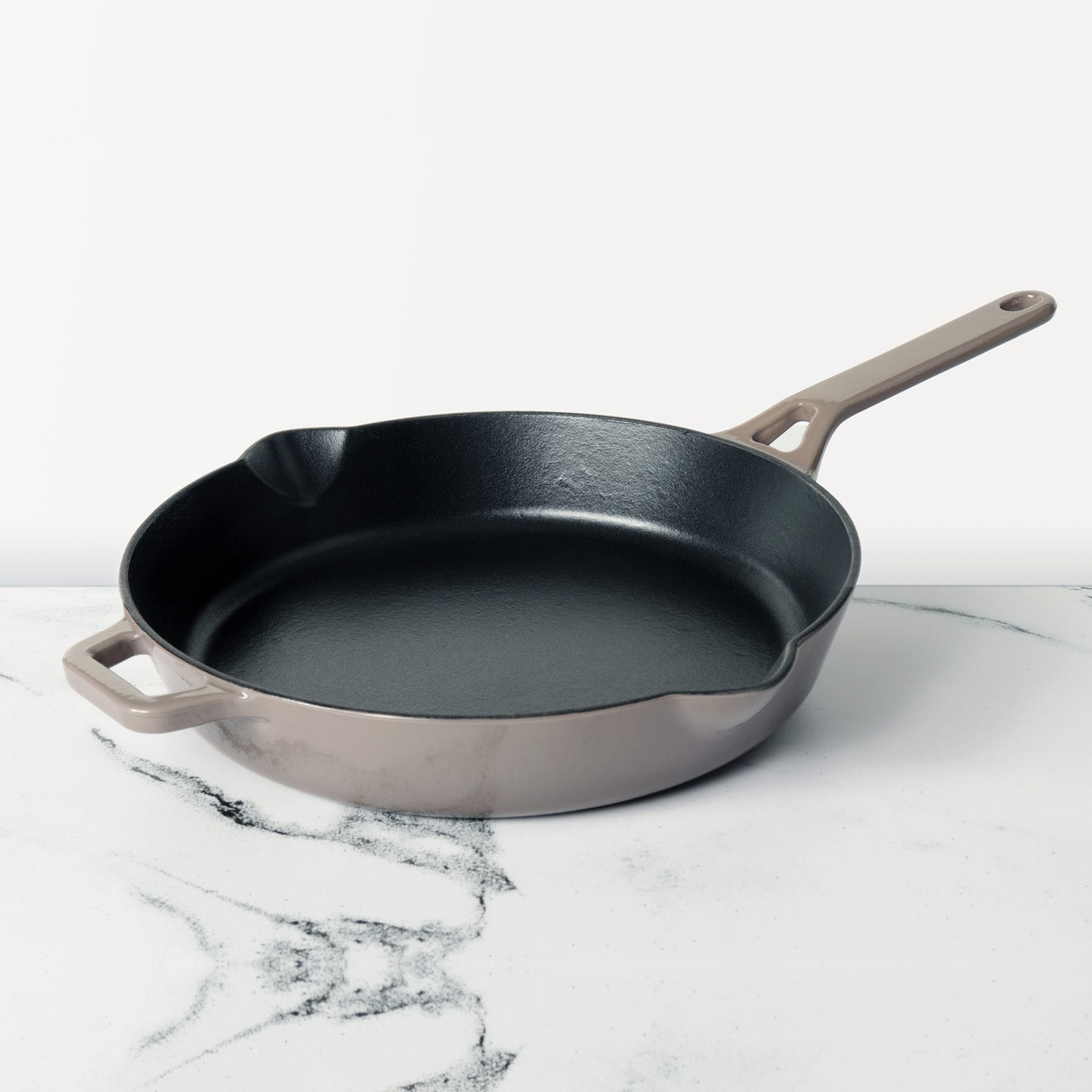Urtica dioica is a perennial plant that grows from roots. It is in the family Urticaceae. The plant is called "stinging nettle" because the leaves and stem have hollow hairs (trichomes) that hurt when you touch them. Nettles used to only grow in Europe, but now they can be found everywhere where there is water and moist soil.
Nettle has been used for hundreds of years in many countries and cultures around the world. People have eaten it as a wild food, put it on their skin, and drank it as a herbal tea. It was mostly used for its fibres, which were made into cloth. In Northern Europe, people thought that nettle fibres were just as good as flax or hemp.
Nettle helps the urinary system work well, has a mild diuretic effect, and helps keep the upper respiratory system healthy.
Table of Contents
About Nettle Leaf:
The leaves of nettles are picked in the spring, after the plant has grown but before it blooms. The leaves can be used to make nettle tea, added to soups and broths, or used to make herbal infusions.
Nutritional value of nettle leaf:
It has vitamins A, C, D, E, and K as well as other vitamins. It also has antioxidants and amino acids that help fight off free radicals. Studies have shown that stinging nettle can work as an antioxidant, an antimicrobial, an anti-ulcer, an astringent, and an analgesic.
Health benefits of nettle leaf:
- Reduces tension and stress
Nettle has a lot of iron and vitamin C. Vitamin C makes it easier for the body to absorb iron, which helps with anaemia and tiredness. This herb also has a lot of potassium, which is a mineral that makes arteries and blood vessels less tight. This makes heart attacks and strokes less likely to happen.
- Used as a protective agent
It has been found that the antioxidant properties of the nettle plant help reduce inflammation. It can also be put on the skin to help with joint pain. People with osteoarthritis take it.
- Helps against allergies
By binding to the body's histamine receptors, nettle tea can help reduce the body's response to allergens. It can be used to help stop rhinitis, which is when the membrane inside the nose gets inflamed. Nettle is also good for people with asthma.
- Helps the health of the prostate
Studies also show that it may be good for the prostate and may help prevent benign prostate hyperplasia, which is the noncancerous enlargement of the prostate gland. This herb controls how much testosterone the body makes and how much it makes. Most of the time, it's used with saw palmetto and other herbs. Most of the time, the root of the plant is used to treat problems with the urinary tract. As a diuretic, it helps keep the flow of urine in check.
- Used to lower the risk of stomach diseases
Stinging nettle powder might help your body digest food better and help with stomach problems like diarrhoea. It can also help with stomach problems like IBS and constipation. People often drink teas made with this powder. Nettle is also good for the kidneys and can even help break up kidney stones. It kills parasites or worms in the gut. It also helps the thyroid, spleen, and pancreas, which are all endocrine glands.
- Soothes inflammation
The anti-inflammatory properties of stinging nettle affect a number of key receptors and enzymes in allergic reactions. If taken when the first signs of hay fever appear, this can stop the symptoms. Histamine is found in the plant's leaves, which might seem like a bad thing for treating allergies, but histamines have been used in the past to treat severe allergic reactions. It can also help with skin issues.
- Used in dental operations
The Ankaferd blood stopper is made of alpinia, licorice, thyme, common grape vine, and stinging nettle. It has also been shown to stop bleeding after dental surgery.
- Used to treat Alzheimer's
It has been shown that nettle can help treat Alzheimer's disease. It also helps people with MS, ALS, and sciatica feel better.
- Helps pregnant women stay healthy.
Nettle helps the baby grow stronger in women who are pregnant, and it also helps women who are breastfeeding make more milk.
- Relieves menopausal symptoms
Nettle tea can ease the symptoms of menopause and help with menstrual cramps and bloating.
Nettle leaf tea:
The leaves of the stinging nettle plant are steeped in hot water to make nettle tea. It tastes like vegetable broth, and the taste can be mild or strong depending on how much is in it.
One way to eat nettle is to soak the leaves in tea. People can also eat young nettle leaves by steaming or wilting them like spinach, taking dried nettle leaves in capsules, or using nettle tinctures.
How to make nettle leaf tea?
Bring 2 cups of water to a boil in a pot. Add nettle leaves to the water, turn down the heat, and let it simmer for 5 to 10 minutes. Now, strain the tea in a sieve and pour it into a cup. Add a little honey, depending on how you like it.
Even if you only drink one cup of nettle tea every day, your health will improve.












Leave a comment